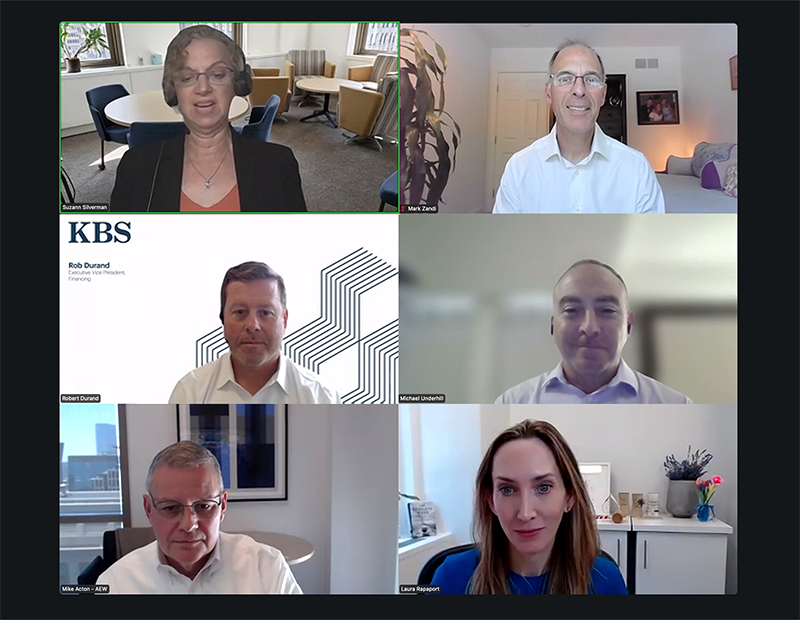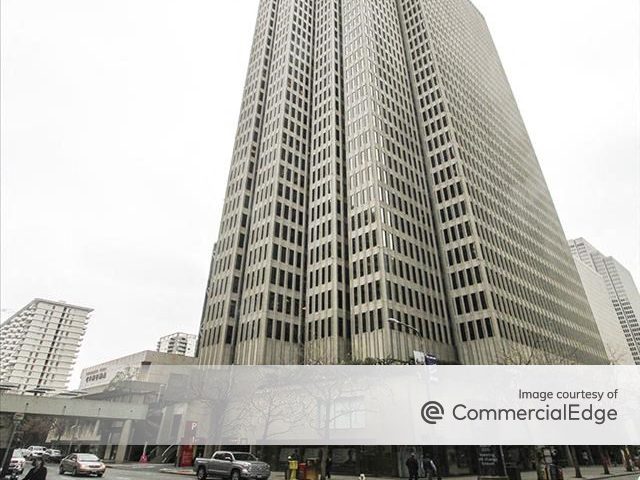NetLease Q & A: JLL’s Rudy Talks Sale-Leaseback
Among many other kinds of real estate deals, Jones Lang LaSalle Inc.’s Capital Markets Group is an active player nationwide in sale-leaseback transactions. Last week, for example, JLL managing director Kenneth Rudy, along with managing director Michel Seifer, wrapped up a deal in which energy giant ConocoPhillips bought Sun Microsystems Inc.’s StorageTek 432-acre campus in…
Among many other kinds of real estate deals, Jones Lang LaSalle Inc.’s Capital Markets Group is an active player nationwide in sale-leaseback transactions. Last week, for example, JLL managing director Kenneth Rudy, along with managing director Michel Seifer, wrapped up a deal in which energy giant ConocoPhillips bought Sun Microsystems Inc.’s StorageTek 432-acre campus in Louisville, Colo., for about $58.5 million, with JLL representing Sun, who is leasing the campus back.As sale-leasebacks go, the deal is fairly short-term – Sun will be moving out of the campus steadily throughout 2008 – but the deal nevertheless excited a lot of interest among potential investors, noted Rudy. Recently, CPN spoke with Rudy, who predicted that interest among both sale-leaseback buyers and sellers will remain strong this year, despite the changed credit playing field. CPN: Is the current credit climate affecting the volume of sale-leasebacks? Rudy: It’s having an impact on all property sales, and more specifically on the number of buyers looking for properties and their ability to finance the deals. But the percentage of corporate property sales, with subsequent leasebacks, will be larger this year than during any other previous year when compared to the total volume of real estate deals, even though the absolute volume of corporate deals might drop a little. CPN: Why is that? Rudy: Because both investors and corporate property sellers are still motivated to do deals, and in some cases this kind of deal will be easier in the current environment.For buyers, overall, liquidity isn’t what it used, but there is financing available – with a lot of strings attached. Still, there’s a lot of investment capital out there looking for a safe home, and a credit-tenant lease has an advantage these days when it comes to finding debt and equity. There’s absolutely debt out there, for instance, to finance the acquisition of a property leased by a seller good credit — because those kinds of long-term leases are core investments. There’s equity for that as well. It’s much, much harder to find financing for value-added plays, in which there might be lease-up risk or development or repositioning risk. CPN: What about for sellers? What’s in it for them in the current environment? Rudy: Companies are always rebalancing and redeploying assets, or thinking about it. But with today’s credit environment, corporate finance is challenged – all kinds of debt is harder to come by, not just real estate finance. Companies are looking even harder now into their real estate to fund whatever they need to do. Debt now comes with a lot of covenants, and a lot of restrictions, but raising capital through sale-leasebacks is ‘covenant-lite’ – you sign a lease off-balance sheet and you get the capital you need. Companies are thinking we’re either in a recession, or going into one, so there’s more rationalization of facilities and occupancies, and more cost-cutting. The economic environment creates a stronger motivation to dispose of properties. But there are other motivations. The massive amount of public to private transactions – among corporations, not just real estate – and being acquired in highly leveraged transactions by private equity funds. A lot of that financing was short-term, and now refinancing and retiring that debt is challenging. So there’s a strong push to look at real estate assets as a way to pay off some of this short-term acquisition debt. Also, in the financial sector itself, banks as owners and occupiers of real estate, the business is in trouble with their tier-one capital, the capital they need according to regulations to do business. As they’ve taken major losses and writedowns, it can be more difficult of them to do business. A lot of banks are monetising their own real estate, such as Citi, worldwide. Real estate to cash can have a great impact on regulatory capital – banks have been doing this for a few years, but I think it’s going to accelerate. There’s a need to generate cash, to replenish their tier-one capital. CPN: What is the buyer motivation? Rudy: Overall, liquidity isn’t what it is, but there is debt available – with a lot of strings attached. It’s highly qualified based on the income stream. If you’re a corporate seller with good credit, there’s absolutely debt out there. There are investors interested, because those kinds of long-term leases are core sorts of investments. There’s equity for that. It’s much, much harder to find financing for value-added plays, in which there might be lease-up risk or development or repositioning risk. That makes a corporate lease-back that much more attractive. There’s still a lot of investment capital out there looking for a safe home. A credit-tenant lease has an advantage these days when it comes to finding debt and equity. Total will be down this year, because of liquidity. Whatever the size of the pie, the share of corporate sale and net lease activity will be greater this year.






